Europe 1901-present
While war seems to be a backdrop to events in Europe in this time period the articles collected here explore many of the wider impacts and elements to the war. Medicine and technology are explored alongside dramatic changes in social attitudes. The political events that disrupt and shape Europe of the 20th century are explored though a range of engaging articles that include Russia and the USSR, Fascism and European co-operation.
Sort by:
Date (Newest first) | Title A-Z
Show:
All |
Articles |
Podcasts |
Multipage Articles
-
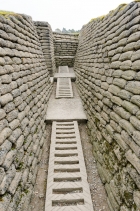
On the frontlines of teaching the history of the First World War
ArticleClick to view -

Parallel catastrophes? Uniqueness, redemption and the Shoah
ArticleClick to view -

Podcast Series: Britain's Cold War
Multipage ArticleClick to view -
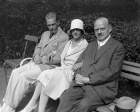
Podcast Series: German History 1918-1948
Multipage ArticleClick to view -
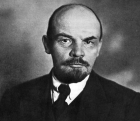
Podcast Series: Russia and the USSR
Multipage ArticleClick to view -

Podcast: Richard Evans Medlicott -The Origins of the First World War
ArticleClick to view -

Polychronicon 115: historians and the Holocaust
ArticleClick to view -

Polychronicon 119: The Second World War and popular culture
ArticleClick to view -
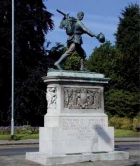
Polychronicon 134: The Great War and Cultural History
ArticleClick to view -

Polychronicon 135: Post-modern Holocaust Historiography
ArticleClick to view -

Polychronicon 140: Why did the Cold War End?
ArticleClick to view -
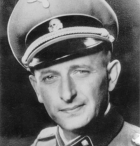
Polychronicon 141: Adolf Eichmann
ArticleClick to view -
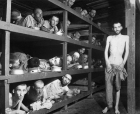
Polychronicon 153: Re-interpreting Liberation: the end of the Holocaust?
ArticleClick to view -
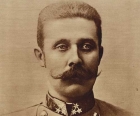
Polychronicon 155: Interpreting the Origins of of the First World War
ArticleClick to view -
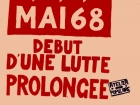
Polychronicon 162: Reinterpreting the May 1968 events in France
ArticleClick to view -

Polychronicon 163: Europe: the longest debate
ArticleClick to view -
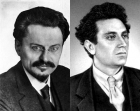
Polychronicon 165: The 1917 revolutions in 2017: 100 years on
ArticleClick to view -

Polychronicon 168: Interwar internationalisms
ArticleClick to view -

Polychronicon 171: Policing in Nazi Germany
ArticleClick to view -
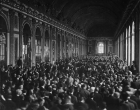
Polychronicon 175: Paris 1919 – a century on
ArticleClick to view

